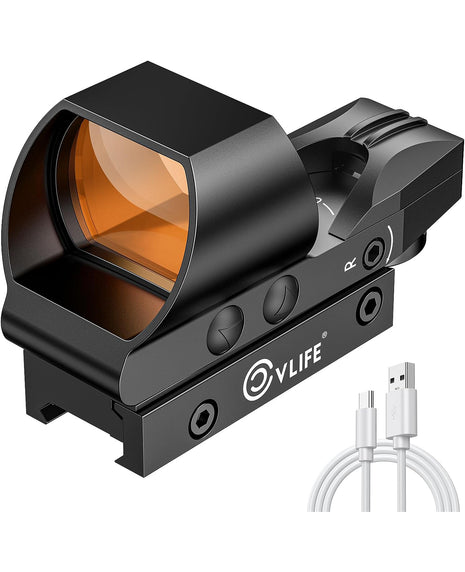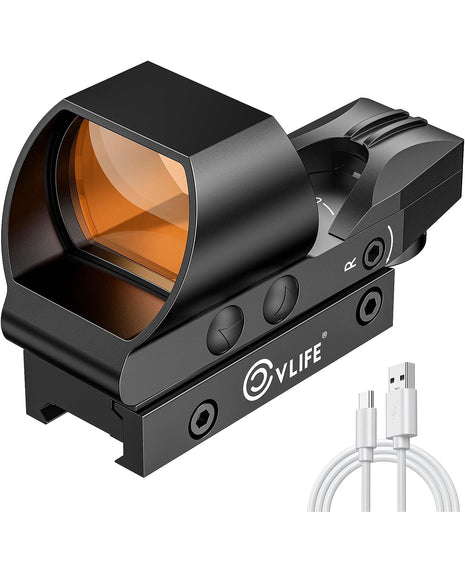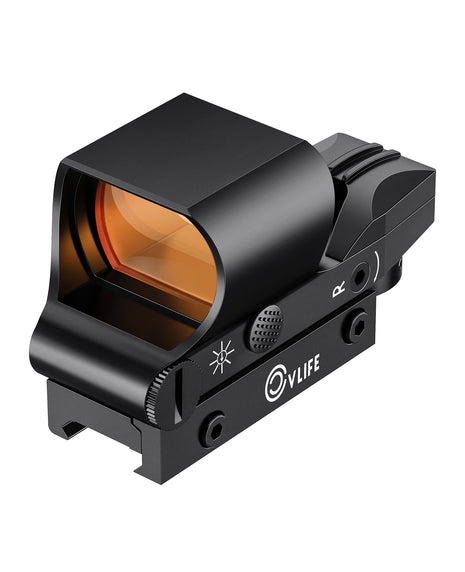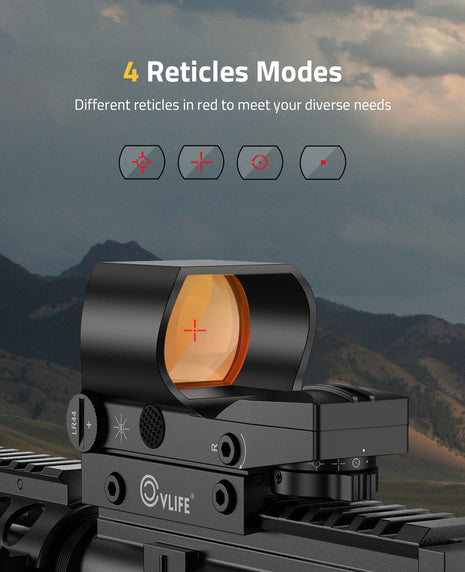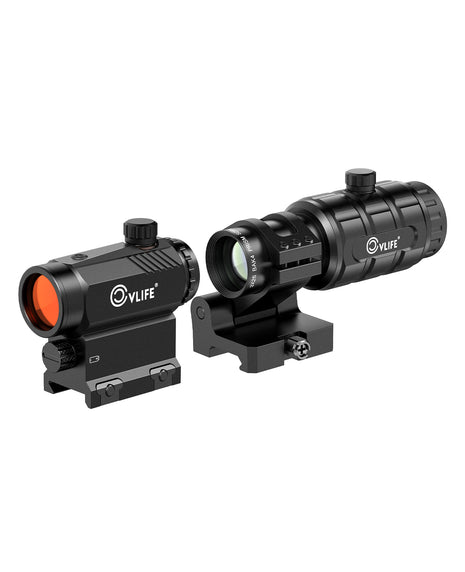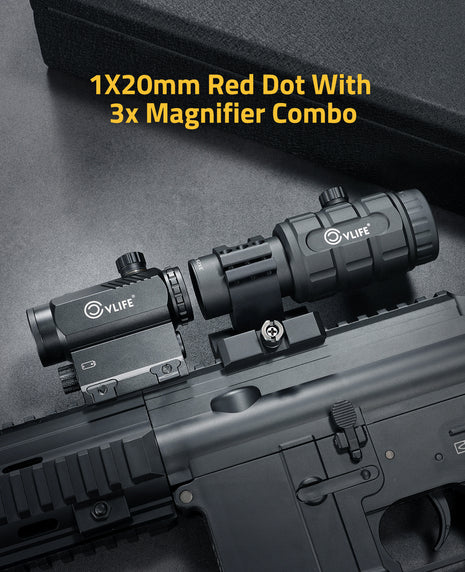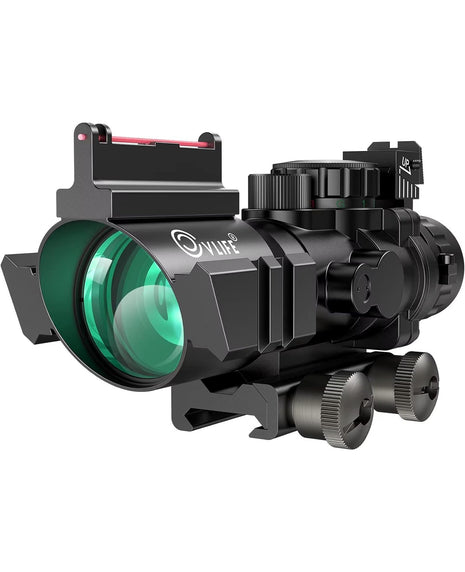Laser Sights: Red vs Green
- 3 Tiempo mínimo de lectura
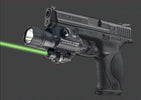
Not so long ago, the addition of lasers to guns was considered a gadget, but today the thinking has changed. Shooters learn the value of laser sights, allowing you to shoot more accurately in low light conditions and in difficult positions where you simply cannot get up and aim using traditional iron sights.
Not so long ago, the addition of lasers to guns was considered a gadget, but today the thinking has changed. Shooters learn the value of laser sights, allowing you to shoot more accurately in low light conditions and in difficult positions where you simply cannot get up and aim using traditional iron sights. This widespread acceptance of laser aiming systems has led companies to offer different options for shooters, and none is more fundamental than the ability to select a red or green laser.
But this choice is not as simple as it may seem at the beginning. To understand how lasers work, you first need to understand some basic physics. Light travels in waves, part of the electromagnetic spectrum. The different wavelengths of the visible spectrum produce different colors. Red light waves range from 620 to 750 nanometers and green light from 495 to 570 nanometers.

The human eye is better able to recognize colors in the green spectrum, so a green laser is more visible in intense light conditions. It would, therefore, seem logical that all firearm lasers are green because they are the easiest to recognize in the widest range of ambient light conditions. But a red laser is relatively simple, just build a diode, optics and basic electronics.
Green lasers are more complex. Building a green laser requires a special diode 808, a second infrared laser crystal, and a doubling crystal. These parts must be carefully aligned to produce a green laser image. For this reason, green lasers are more complicated, slightly larger and more time to consume (and therefore expensive) to build.
When you buy a laser for your firearm, there is an inherent trade-off. If you want a smaller, lighter and cheaper laser, red is the best. If you want a more visible laser in a wide variety of lighting conditions, you will need a green laser. Optics and basic electronic components. Green lasers are more complex.
The choice between the two is therefore largely a matter of personal preference and budget, and the decision ultimately rests with the consumer. If the budget for your firearm is limited, but still want the convenience of a laser, a red model should work perfectly in a variety of lighting conditions. If you have money and want a highly visible laser even in direct sunlight, then a green laser is probably a better option.
Whichever laser you choose, adding a laser sight to your weapon has many benefits. It is a misconception that all dangerous encounters occur in dark conditions, and most fencers practice mainly in well-lit areas where the ambient light is sufficient to use iron sights. In low light, the advantage of a laser becomes obvious, and under these conditions, a red laser and a green laser are advantageous.
There are more red laser options available today than green, but the demand for green lasers has prompted companies to offer more options in this color. Whichever option you choose, adding a laser to your personal defense firearm makes sense, as it allows you to shoot accurately even under the worst of conditions. It is a misconception that all dangerous encounters occur in dark conditions, and most shooters practice mainly in well-lit areas where the ambient light is sufficient to use iron sights.Tags
- Compartir en:
- Deel
- Tweet
- Póngale un alfiler.
- Messenger
- Correo electrónico
Featured collection
Blog posts
-

, por C V Most Shooters Get This Wrong: The Correct AR-15 Sighting Distance
-

, por C V How to Choose the Right Optic for Your New Rifle in 2025 🔍
-

, por C V What kind of scope 🔭 is best for an AR-15?
-

, por C V Night Vision & Thermal Scopes: Hunting’s New Frontier



